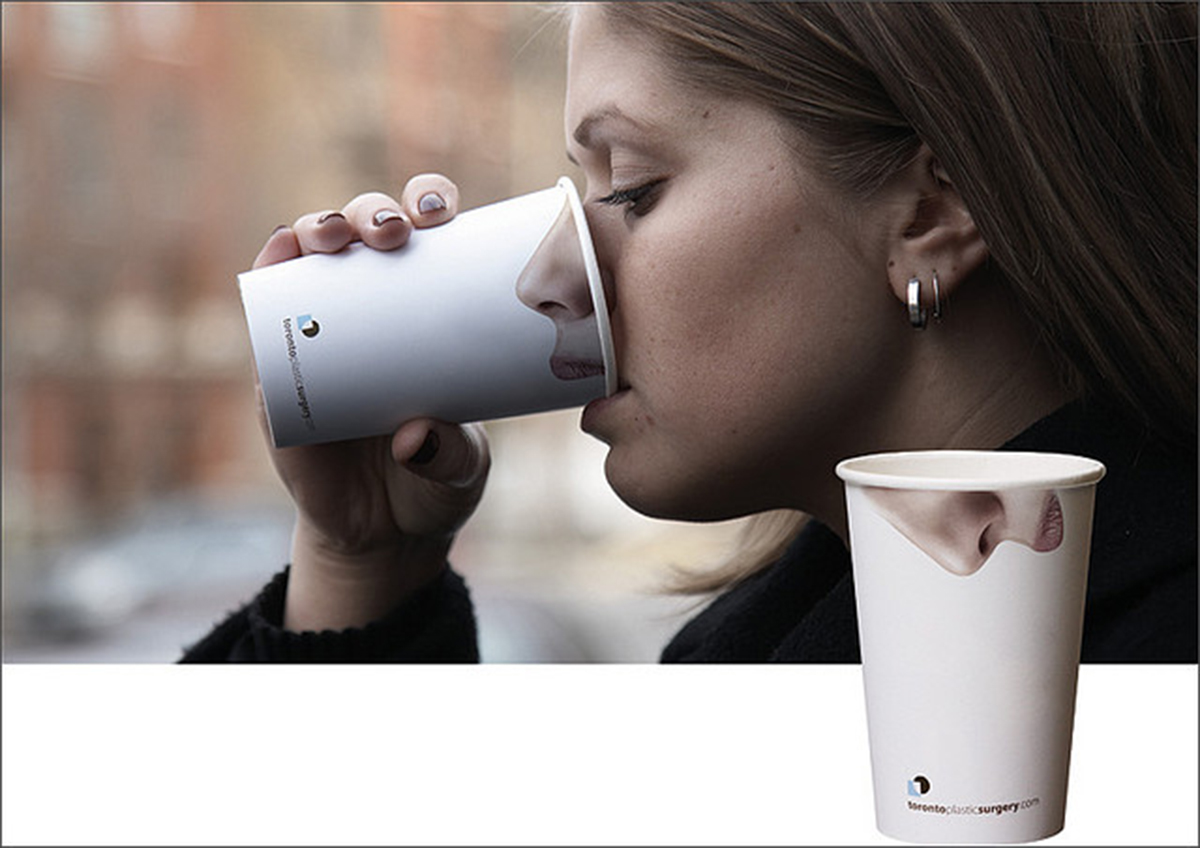If you can afford a little nip and tuck and would feel better about yourself, what’s wrong with having some work done? But can a little work here and there turn into something more? For some people, the answer is yes. Plastic surgery can become addictive.
The Desire for Perfection
You have probably heard sayings, such as “beauty is only skin deep” or “it’s what’s on the inside that counts.” In an ideal world, looks should not count as much as they do. But let’s face it, appearance matters. From your love life to job opportunities, people are judged in part on their looks.

The emphasis placed on looks by society has led to a billion dollar business. According to the American Society of Plastic Surgeons, cosmetic surgery continues to be on the rise. Not only are adults in their 50s and 60s going under the knife, but more and more young people are having procedures, such as Botox performed.
It’s difficult to pinpoint why plastic surgery continues to rise. It’s likely a combination of factors. Between the internet and the influx of social media sites, we as a culture are bombarded with images of perfect faces and bodies. After all, social media is all about being seen. It’s not a surprise that people are influenced by the pictures they see, which makes them people strive to achieve the same perfection.
Today’s “camera culture” may also be fueling the desire to look a certain way. For some people, their latest selfie triggers feelings of wanting to improve some aspect of their appearance.
Body Dysmorphic Disorder
It is one thing to want to change an imperfection, and it’s another to be obsessed with a certain aspect of your appearance. Body dysmorphic disorder is a mental health condition that involves obsessing over a body imperfection, whether the flaw is real or perceived. It’s the main cause of plastic surgery addiction.
People with body dysmorphic disorder spend a great deal of time obsessing over their body image. They may see a minor imperfection as disfiguring, which impacts their ability to function normally.
Symptoms of body dysmorphic disorder induce extreme self-consciousness, being preoccupied with appearance and avoiding social situations. People who have body dysmorphic disorder may also spend a large amount of time looking in mirror fixating over certain aspects of their appearance, such as their skin or nose. Depression and anxiety may also be accompanying symptoms.
The reason some people develop body dysmorphic disorder is not fully understood. It could be a combination of genetics, brain chemistry and life experiences, which negatively affected self-image.
READ What You Need To Know About Plastic Surgery
According to the Anxiety and Depression Association of American, body dysmorphic disorder often starts in young adulthood. The condition appears to affect men and women about equally.
In addition to undergoing seemingly unnecessary plastic surgery procedures, people with the disorder may also develop social isolation. The condition is sometimes misdiagnosed as social anxiety or obsessive- compulsive disorder. Although it can have similar symptoms, body dysmorphic disorder is a separate mental health condition.
Self-Improvement Or Obsession
There is nothing wrong with wanting to improve something about your appearance. But addiction to plastic surgery is about more than wanting to look better. The problem starts when a person becomes obsessed with changing different aspects of their body or face. There is a big difference between self-improvement and obsession.
Recognizing Plastic Surgery Obsession
Someone with plastic surgery addiction is not only trying to make their appearance better, but they are also trying to fill a void. Since society places such a high value on looking good, it can sometimes be difficult separating simply wanting to look better from plastic surgery addiction.

But there are some common signs that may indicate a problem. For example, people with plastic surgery addiction don’t just dislike a part of their body, they obsess over their appearance to the point it negatively affects their life. They don’t just glance in the minor when they are heading out the door. Instead, they may spend hours each day focusing on how they look and are never satisfied with what they see.
Plastic surgery addiction often leads to spending money the person does not have. Plus, while considered relatively safe, cosmetic surgery still involves risks.
Having different procedures becomes similar to a drug. The cosmetic surgery addict may get a “high” from having a procedure. Although it is not the same as a drug high, people addicted to plastic surgery still crave the rush they get from having work done.
A plastic surgery addict may also think that having various procedures will make them happy. It makes sense if you look better, you may feel better about yourself. But plastic surgery cannot fix deep, underlying issues with low self-esteem, which are rooted in more than just your outward appearance.
Treating Plastic Surgery Addiction
Plastic surgery addiction is a relatively new type of addiction, and there is not a lot of research to indicate what type of treatment is most effective. But in many instances, a generalized approach is used, which includes methods used to treat other addictions.
Low self-esteem is at the root of the problem for people with plastic surgery addiction. Psychotherapy and counseling is the primary type of treatment used. Therapists may work with people to determine and deal with the underlying issues, which may have led to low self-esteem or extreme self-consciousness.
The purpose of counseling is often to help patients deal with past issues and also to overcome certain thought processes. Patients need to realize their self-worth is not tied to their appearance. Treatment can help patients develop healthy ways to feel good about themselves and increase their self-esteem.
Cognitive behavior therapy may also be used to treat plastic surgery addiction. Patients learn to recognize their irrational thoughts and beliefs and replace them with more positive thinking patterns.
READ How to Improve Self Esteem: 10 Simple Tips
In addition to individual counseling, some patients also benefit from group therapy. Having any type of addiction can leave someone feeling alone. Additionally, since people with plastic surgery addiction are often self-conscious, they sometimes isolate themselves. Knowing you’re not alone, and discussing issues in a supportive environment can be helpful.
In some cases, medications may also have a role in treating plastic surgery addiction. Although medication cannot help with the addiction specifically, it can treat associated problems, such as anxiety and depression.
- www.mayoclinic.org/diseases-conditions/body-dysmorphic-disorder/basics/definition/con-20029953
- www.adaa.org/understanding-anxiety/related-illnesses/other-related-conditions/body-dysmorphic-disorder-bdd
- Photo courtesy of Arturo de Albornoz: www.flickr.com/photos/liveu4/134980839/
- Photo courtesy of dno1967b: www.flickr.com/photos/dno1967b/5406683637/
- Photo courtesy of


Your thoughts on this